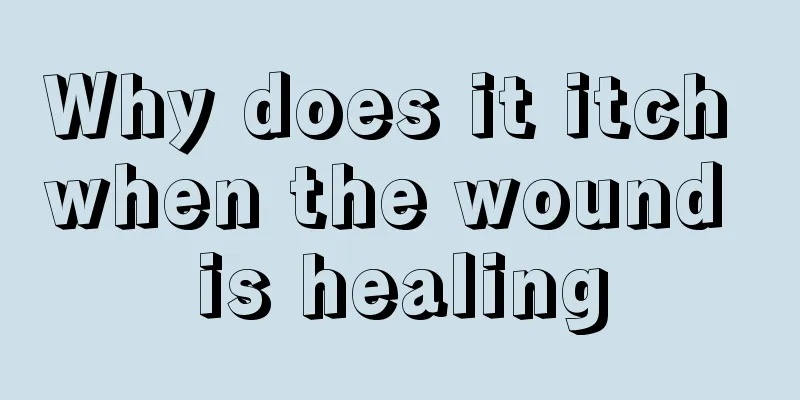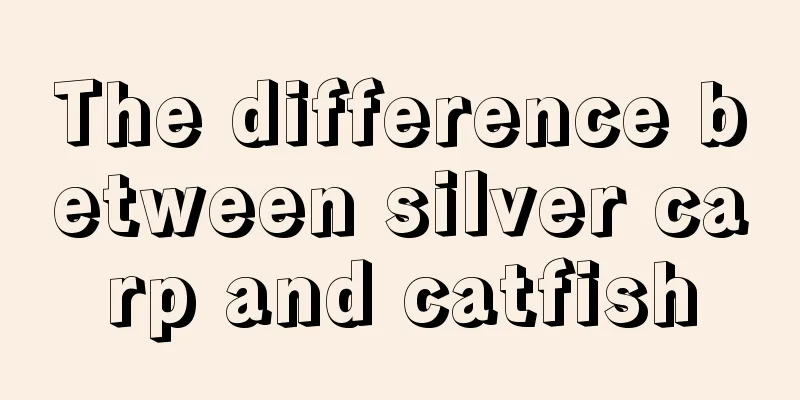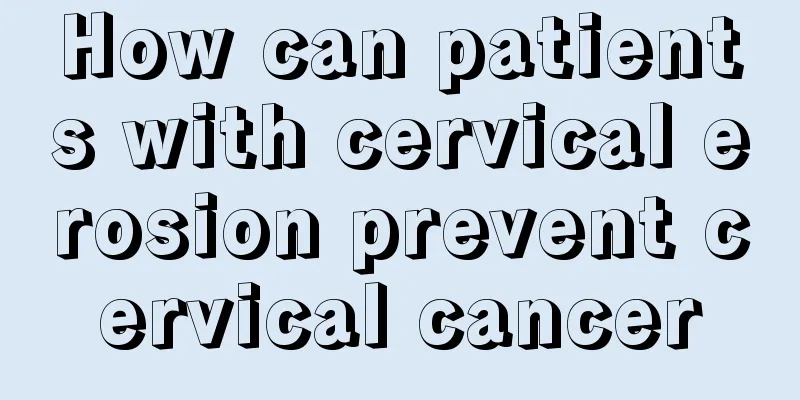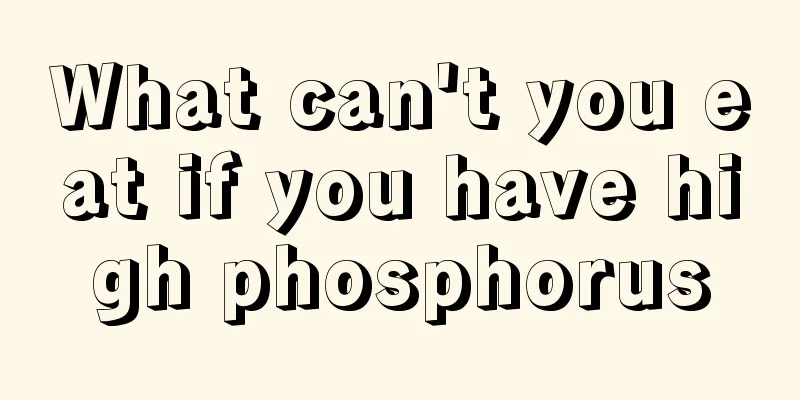Why does it itch when the wound is healing

|
Many people have encountered this situation: the wound will itch when it is healing. In fact, this is the result of nerve tissue regeneration. The local tissue of the wound regenerates in the later stage of healing. When the wound itches, it means that the wound is about to heal. Do not scratch it. If the itching is severe, you can wash it with clean water. The wound healing process is mainly divided into three stages: the first stage is the process of coagulation and hemostasis; the second stage is the process of white blood cells gathering in the wound, which plays a very important role in fighting infection; the third stage is the proliferative stage, during which new blood vessels and nerves are formed, and fresh granulation tissue grows. Wound itching occurs during the proliferative stage. In fact, it is generally normal for people to experience itchy wounds during the healing process of surgery. Wound healing is done by filling in the gaps with new tissue, which is called connective tissue. New blood vessels and nerves need to grow connective tissue, and these new blood vessels and nerves are particularly dense and crowded together. Newly formed nerve endings are easily stimulated, and because their functions are not yet complete and the senses are vague, an itchy sensation occurs. The regenerative capacity of various tissues in the human body is also different. The regenerative ability of nerve tissue is low, and it usually occurs in the later stage of wound healing. Therefore, when the wound becomes itchy, it means that the nerve tissue of the wound has regenerated and the local sensation of the wound has recovered, which often also indicates that the wound will heal soon. If the wound is located in the shallow layer of the epidermis, itching will not occur during the healing process. This is because the wound is confined to the outermost layer of the skin, and the nerves are not stimulated when the epidermal damage is repaired. In fact, if a patient's wound has itching symptoms, generally no special treatment is required. Avoid scratching and avoid flushing the wound with hot water to avoid symptoms of wound infection. Of course, if the patient's wound is really itchy, some hormone drugs with antipruritic effects can be used. |
<<: How to exercise calf muscle atrophy
>>: How to prevent wounds from leaving scars, 3 methods to remember
Recommend
What's wrong with peeling feet
What is the reason for peeling feet? I believe ma...
Tips for healthy living in summer
The weather is hot in the summer, which is a test...
What to do if you feel pain after nasopharyngeal cancer surgery
What to do if you feel pain after nasopharyngeal ...
Argon-helium cryotherapy
Nowadays, many people suffer from tumors. Tumor i...
Is coughing up blood a sign of lung cancer?
Is coughing up blood a sign of lung cancer? Cough...
Can expired talcum powder still be used?
Families with babies will prepare some talcum pow...
What snacks are good for motion sickness? You can eat these 6 kinds of food to relieve it
Many people suffer from motion sickness and seasi...
Yellow blood in saliva
Good living habits are not only beneficial to phy...
What are the wonderful uses of transparent nail polish?
The image of nails is an issue that people attach...
Should we persist in a marriage maintained by children?
There are many cases of flash marriages in today&...
Skin changes after 20 days of foot soaking
We all know that foot soaking is very beneficial ...
Can you get pregnant if you have an ovarian tumor?
Ovarian tumors are very harmful to women. For man...
What are the items in the surgical examination for pituitary tumors
What items are included in the surgical examinati...
Drinking water at these times can cure diseases and prolong life
Many people never seem to care about the timing o...
What virus causes hypertrophic gastritis
We often develop gastrointestinal diseases due to...









